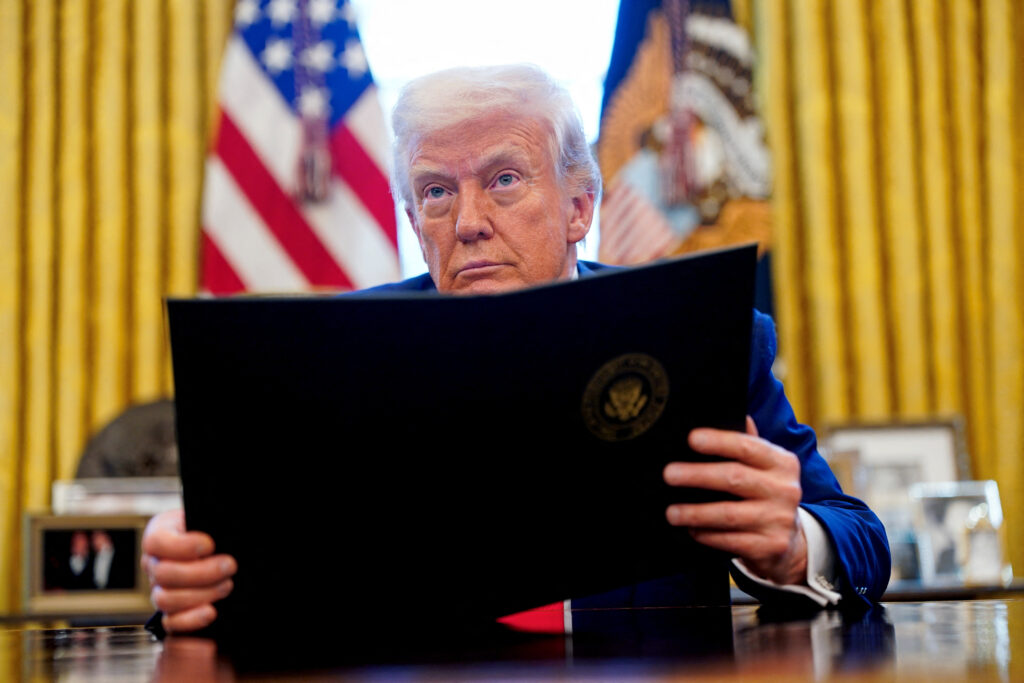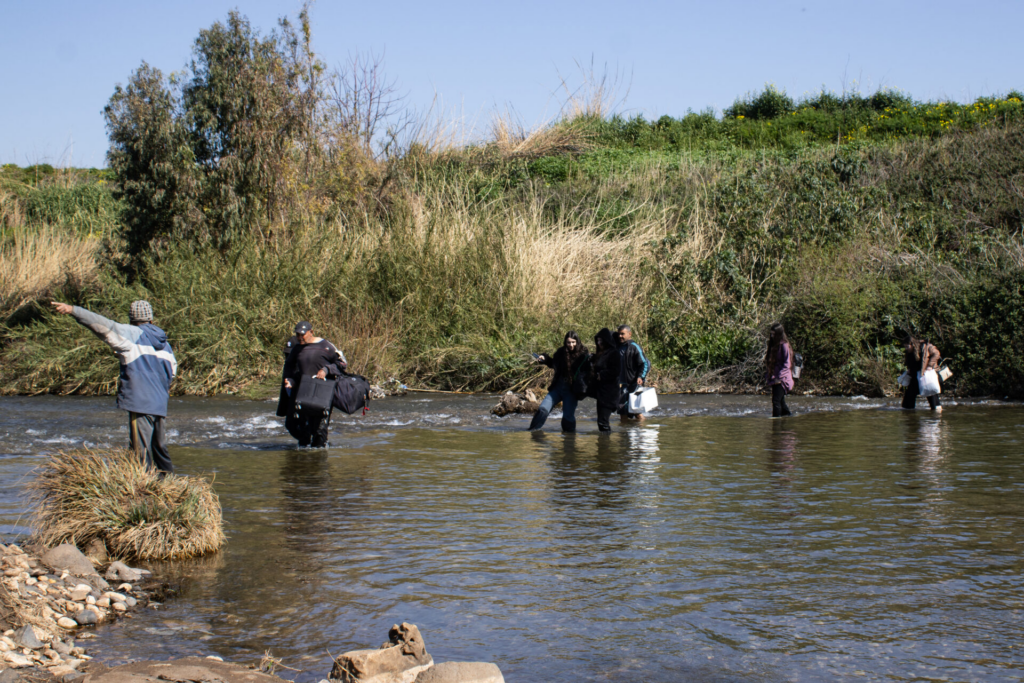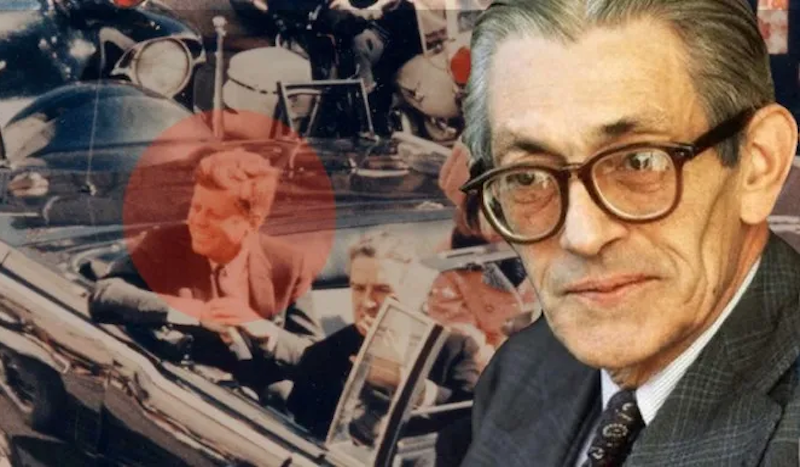Syria Today – UK Far-right Activist Jailed After False Allegations About Syrian Child; Iraqi Militia Claims Drone Attack on US Base – The Syrian Observer

UK far-right activist Tommy Robinson, known for his anti-immigration stance, has been sentenced to 18 months for contempt of court following false allegations against Syrian refugee Jamal Hijazi, defying a 2021 injunction prohibiting further defamatory statements. Meanwhile, in Qamishli, Syria, large rallies led by the Democratic Union Party protested Turkish attacks on Kurdish-held areas, denouncing the strikes as an occupation. Additionally, an Iraqi militia group claimed responsibility for an alleged drone attack on the US al-Tanf base, though the Pentagon dismissed these reports. In other developments, SDF commander Mazloum Abdi denied SDF involvement in an Ankara attack attributed to the PKK, challenging Turkish airstrikes that have targeted vital Kurdish infrastructure. Lastly, a Times of Israel post by an anonymous Syrian author revealed an unlikely admiration for Israeli Prime Minister Benjamin Netanyahu, or “Abu Yair,” as some Syrians in Idlib celebrated Hezbollah leader Hassan Nasrallah’s death in an Israeli airstrike—a stark shift for those who once viewed Israel solely through an adversarial lens.




